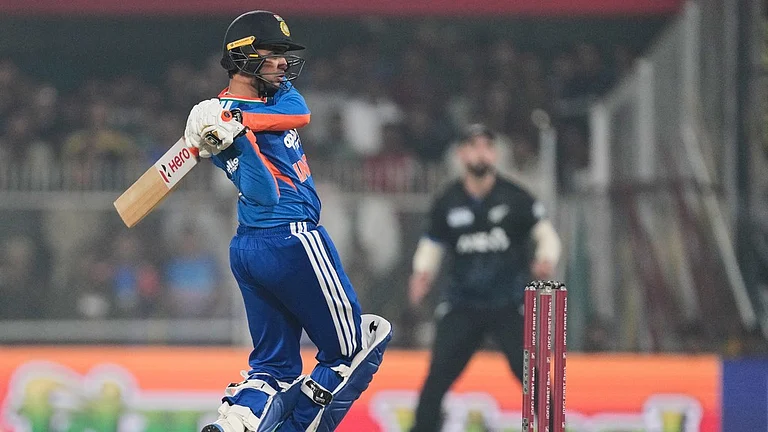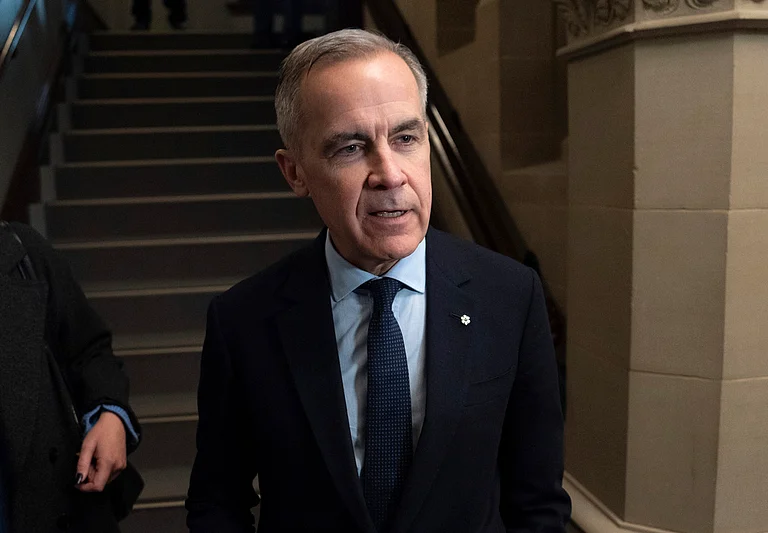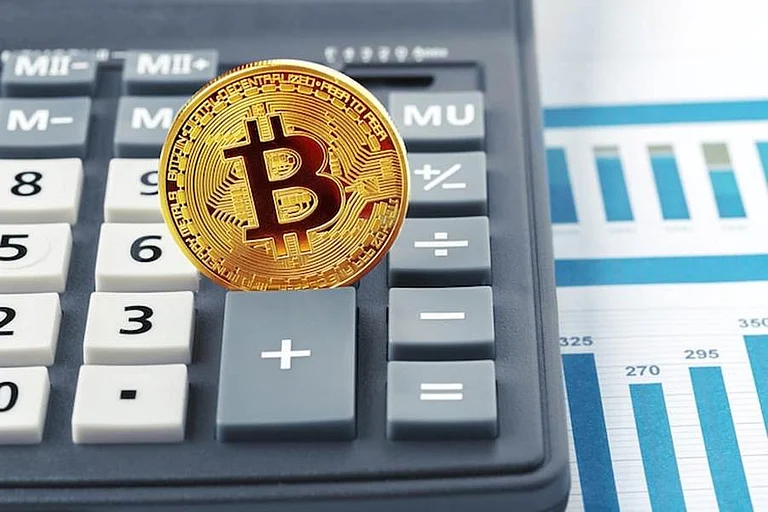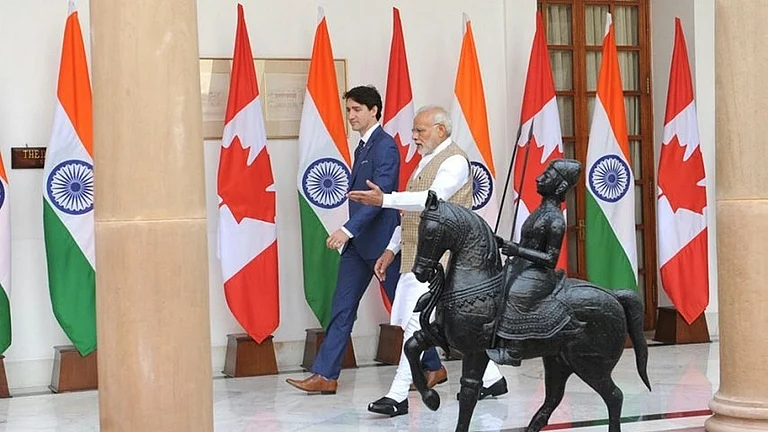Khalistani extremist Gurpatwant Singh Pannun, the chief of the banned organization Sikhs For Justice (SFJ), appeared on Canadian broadcaster CBC News on Wednesday. Pannun, in the video, claimed that his group had been “communicating with the Canadian Prime Minister's Office (PMO) for the past 2-3 years detailing all the spy network.”
He alleged that the SFJ has provided the PMO with details regarding what he described as a spy network operated by Indian officials in Canada. He specifically accused Indian High Commissioner Sanjay Verma and other diplomats of orchestrating operations that led to Hardeep Singh Nijjar’s assassination.
"You know like what Prime Minister Trudeau did when he made that statement yesterday publicly...It shows Canada's unwavering commitment to justice, the rule of law, and national security. Sikhs for Justice (SFJ) has been communicating with the Prime Minister's office for the last two to three years, detailing all the spy network that Indian High Commissioner...," Pannun said in the video.
However, Canadian Prime Minister Justin Trudeau admitted that his government does not have any real proof against India which solidifies his claim.
"Canada asked India to cooperate. Their (India) ask was for proof. We asked for Indian security agencies to investigate further and cooperate with us. Because at that point what we (Canada) had was intelligence," Trudeau said.
"At that point, it was primarily intelligence and not hard evidentiary proof. So we said, let's work together and look into your security services and maybe we can get that out," he said while testifying before the country's Foreign Interference Commission.
Pannun’s claim comes against a backdrop of escalating diplomatic tensions between Canada and India following the murder of Khalistani leader Hardeep Singh Nijjar.
On October 14, Canada expelled six Indian diplomats claiming that they were a part of an Indian government "campaign of violence." Following the move, India also expelled six Canadian diplomats. India had also summoned Canada's Charge d'Affaires Stewart Wheeler and said that the "baseless targeting" of the Indian High Commissioner and other diplomats and officials in Canada was completely unacceptable.
"Expelling an Indian diplomat is not the end road of justice, this is just the starting point," Pannun said.
Pannun’s statement echoed claims made by the Royal Canadian Mounted Police (RCMP), which asserted that they have found "links tying agents of the Indian government to homicides and violent acts in Canada". However, both the RCMP and Trudeau have yet to provide concrete evidence to substantiate these allegations.
He also criticized the Indo-Canadian community and questioned their loyalty to the Canadian Constitution.
"These Indo-Canadians, who have family ties back home in India, are they loyal to the Canadian Constitution or they still want to show their commitment to the Indian Constitution? Because since the assassination of Hardeep Nijjar, I have not seen any Indo-Canadian organization that is supporting the Modi regime, coming out in the open. This includes some of the Indo-Canadian MPs who have not supported Prime Minister Trudeau since September 18 (2023) when he came out openly," Pannun said.
Pannun had given a similar controversial statement last year saying, "Indo-Canadian Hindus, you have repudiated your allegiance to Canada and the Canadian Constitution. Your destination is India. Leave Canada, go to India."
The Canadian government’s accusations against Indian diplomats, followed by Pannun’s remarks, have deepened the rift in Canada-India relations. India has “strongly” rejected Canada’s allegations, labeling them as “preposterous imputations” and a product of Trudeau’s political agenda. The situation between the two nations began to worsen when Canada designated Indian High Commissioner Verma and others as “persons of interest” in Nijjar’s murder investigation.




























